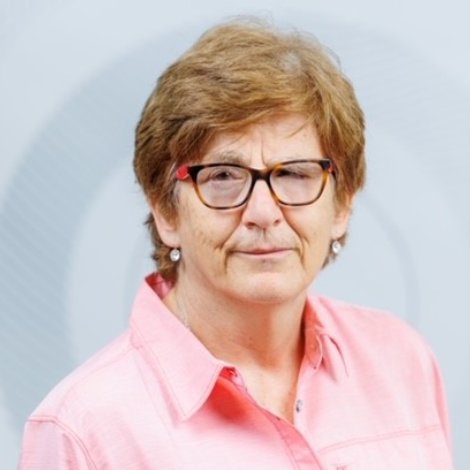
Prof. Hemda Ben-Yehuda
Research
I studied at the Hebrew University of Jerusalem, Departement of International Relations and was fortunate to have world-known visiting professors like Saul Friedlander, Jonathan Wilkenfeld, Robert Jervis, Janice Stein, and Raymond Tanner as my teachers.
As a longtime associate of the ICB project founded by Michael Brecher and Jonathan Wilkenfeld I took part in its developments over the years and contributed to its theoretical attributes and empirical substance, primarily with a pioneering system level definition of an international crisis, first published with Michael Brecher in 1985. Currently I serve as a board member for the project co-directed by Patrick James and Kyle Beardsley.
My PhD on the PLO as a transnational actor, under the supervision of Yehoshafat Harkabi, an acclaimed expert on the Middle East and Jonathan Wilkenfeld, a leading theorist and methodologist, matured into a research field on the involvement and impact of such actors on crises and conflicts in world politics, as expressed in many of my publications and a book on The Arab-Israel Conflict Transformed: Fifty Years of Interstate and Ethnic State Crises co-authored with Shemuel Sandler.
The theoretical contributions and areas of research I specialize in include political leader attitudes and behavior, opportunity crises, the role of the media and dangerousness of terror crises and the importance of system attributes like balance of power, clash of civilizations, refugee flight and territoriality on shaping violence and stability in protracted conflicts.
I teach undergraduate and graduate courses on international relations and methodology and the supervision of graduate students is one of my important activities. This supervision has led to the maturation of excelling scholars who as young colleagues of mine took part in joint research and quality publications along the years.
Simulations, on Facebook and face-to-face, as a tool of teaching and research is one of my major interests expressed in the conduct of innovative simulation panels at International Studies Association conferences since 2012 and the publication in 2015 of a handbook of World Politics Simulations in a Global Information Age by the University of Michigan Press, co-authored with Luba Levin-Banchik . These simulations bring together students and scholars from across the globe and emphasize the role of intercultural attributes on political choices and behavior.
Simulation partnerships led to an educational project with colleagues from academic institutes in the USA and Europe, designed to find efficient ways to overcome distances and difficulties of learning and teaching across regions, cultures and languages, and to ensure that the study modes are accessible to students with disabilities. This project finds its expression in workshops at international conferences and teaching collaborations by use of cyber infrastructures and free apps available nowadays.
As the granddaughter of Eliezer Ben-Yehuda, who led the struggle for the return of the Jewish people to the use of Hebrew as a national language spoken daily, I now study the field of media and nation branding as foundations of national revival. This investigation of nation branding and is designed to highlight the role of Eliezer Ben-Yehuda as a pioneering media figure, early on, who used communication tools and strategies in ways that are customary nowadays, in the 21st century.
CV
To see Dr Ben-Yehuda resume please click here
Publications
Hemda Ben-Yehuda ‘Broadening the Reach of International Simulations to Overcome Accessibility Barriers’, Journal of Political Science Education, (Forthcoming)
Abstract
World politics simulations are gaining popularity and becoming mainstream. With advanced technological tools, experimental learning brings together students from afar increasing the multicultural nature of meetings and practical learning. Progress in running simulations and pedagogical goal fulfillment still require the removal of accessibility barriers, to make our educational environment more equal, universally across the globe. This study addresses four barrier types, describes improvement in the legal setting over the years and points to still unmet challenges preventing an equitable learning experience for all students regardless of background, race, religion, or ability. Components from the Universal Design for Learning (UDL) - Action and Expression, Engagement, and Representation - serve as pedagogical guidelines, applied in the Syrian Civil War Simulation (SCWS) to illustrate how gradually progressing role play can overcome some if not all barriers. Some barriers are technical-procedural, so addressing them necessitates awareness and application of easily available modifications. Others are deeply embedded, making their removal harder and more costly. In conclusion the study highlights practical ways to overcome barriers, emphasizing the role of networking as a way to identify problems, learn about available solutions, share the costs of implementing changes, and make simulation projects attractive to all students.
Key words: Simulations, Disabilities, Accessibility barriers, Networking, Innovative learning, Technology, Syrian Civil War.
Last Updated Date : 20/10/2022



